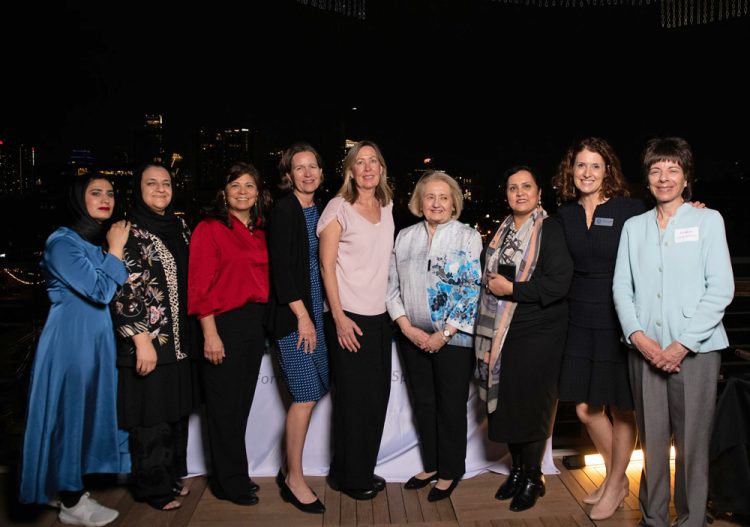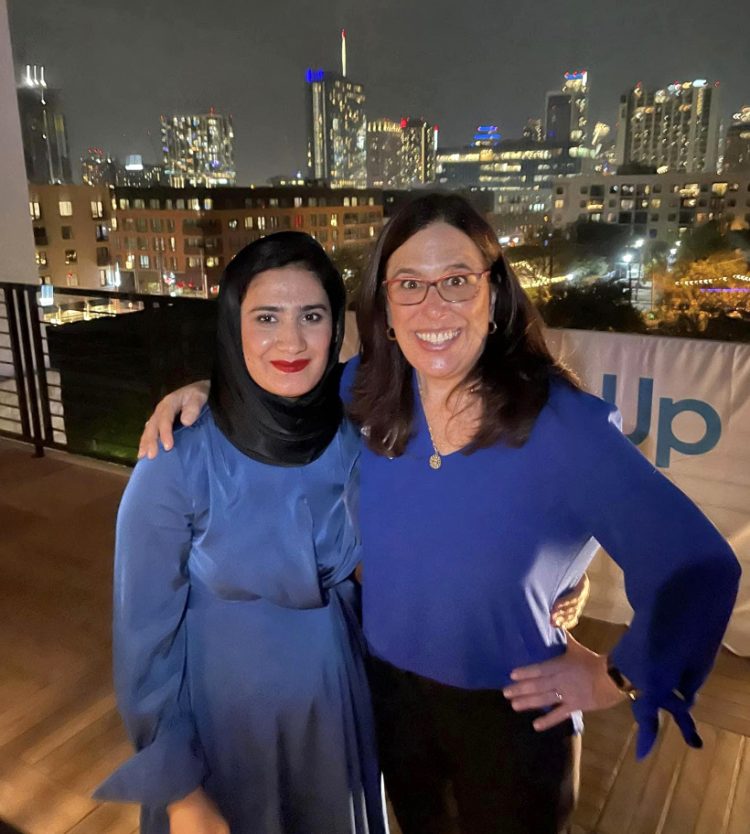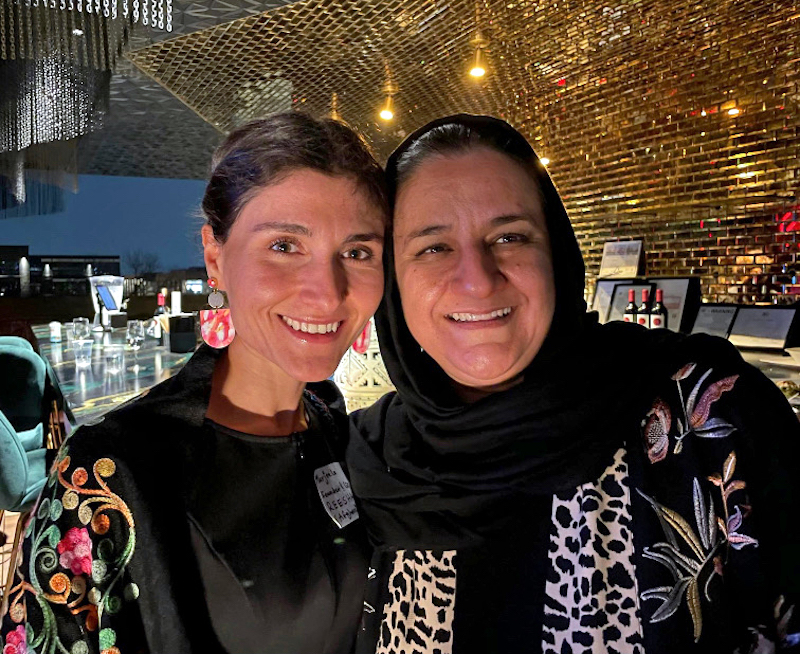- by Robin Lerner
It was the darkest of days when Roshan Mashal, Saleha Soadat, and Rabia Behgaam heard that the Taliban was entering Kabul. They never imagined that their beloved capital would fall so quickly. For each one of them, the decision to evacuate had to be made in a split second. Transport could take them to the airport, and the airport would soon close. Each one, with her own unique story and circumstances, knew that her only hope for a safe future was to leave.
Roshan Mashal packed up the office of the Afghan Women’s Network – quickly hiding all the documents of the women that her organization had served for years, frantically removing the photos of clients that adorned every floor of their building. Terror was in her heart at the thought of the Taliban hunting down the women who’d sought their services.
Saleha was a working journalist for Tolo TV. She reported on women’s issues, and that was not going to be popular with the new regime. She learned she was on a list – she could get out but it had to be now. She carried only a backpack as she walked hours to the airport. Rabia’s story is not dissimilar, she evacuated not knowing where she was going or what would become of her. She just needed to be safe.
These three women met each other in person in Austin on the eve of International Women’s Day, because they have another thing in common: they are each TIEC Fellows. The Texas International Education Consortium is a non-profit, state-based association of universities with the mission to do good in the world and internationalize higher education. The TIEC Fellowship for Afghan Evacuees – now to expand and become the Texas International Education Fund – was a way to do both things by providing a soft landing and a strong start to high-risk evacuees. The three women mentioned are currently hosted at UT Arlington, Texas Tech, and UT San Antonio. Each university co-invested in them with TIEC.
We spent the eve of International Women’s Day celebrating the power of higher education to offer vital refuge in a way that allows highly skilled professionals and aspirant students to continue their work on behalf of their country. Acknowledging the importance of treating Afghan women as powerful actors and not victims, we were reminded that we must stand in solidarity with women in Afghanistan, take cues from them, and do everything we can to create channels of communication, interaction, education, participation… empowerment. We must not let them disappear.
Luckily, Texas is now home to some of these sheroes. Please invest in them. If you’d like to join our efforts, be in touch. For now, please click this link to learn about Roshan Mashal’s “Afghan RUG Project” to archive Afghan women’s oral histories. I know she’d love support.



